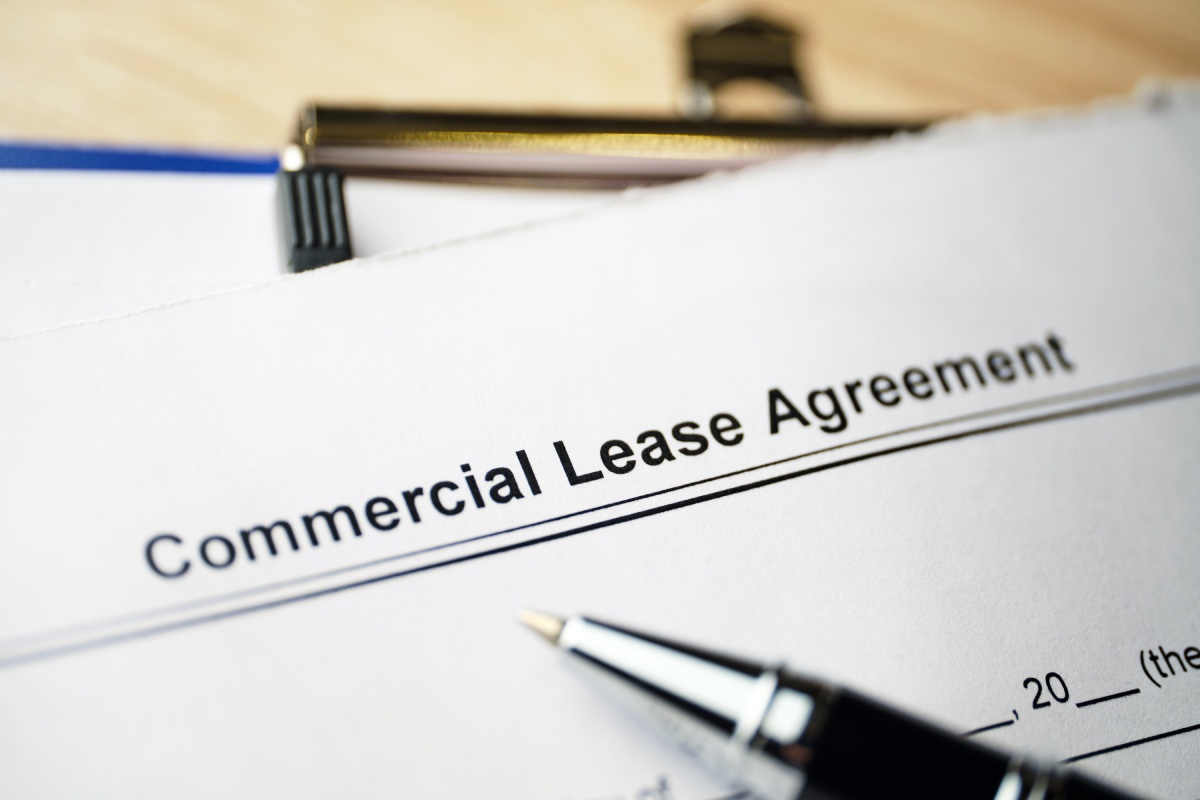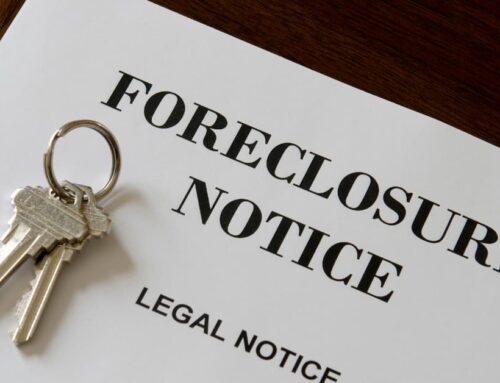As a commercial landlord, when you rent out your property to someone, you expect them to abide by the terms of the lease agreement. There are times when the tenant might fail to comply with the lease terms and break the lease without any justifiable reason. If and when it happens, you need to be aware of your rights so that you can take the necessary steps to protect your property and recover the amount you are owed.
What are the steps you can take when a commercial tenant breaks the lease? Let us take a look.
Notice of Default
The first step you need to take in order to collect the unpaid rent from your tenant is to serve them with written notice of default. The notice should specify the amount of rent owed and the time period within which it needs to be paid. If the commercial lease has a guarantor, you should also serve them with a notice.
Lockout
If your tenant fails to pay the delinquent rent even after being served with the notice of default, you have the right to terminate the tenant’s right of possession by changing the locks of the rental property. According to the Texas Property Code, the owner of a commercial rental property is not required to provide the tenant with a pre-lockout notice.
However, after changing the door locks, you must post a notice on the front door of the property. The notice must contain the following information.
- The total amount of rent to be paid by the tenant.
- The time period within which they are required to pay it.
- The name, address, and telephone number of the person who has the key to the property.
Once the tenant pays the rent owed, you can provide the tenant with the new key and the tenant’s regular business hours can resume.
In the event of a conflict between the lease agreement and Texas law, landlords and tenants are required to abide by the terms of the lease for the commercial property.
For instance, many commercial leases say that the tenant must be given a grace period of seven days to pay the delinquent rent. You cannot lock them out three days after the rent is overdue – despite the fact that you are not required to give any grace period to the tenant under the law. In relation to this, before taking any step to collect the rent, you should make sure you are in compliance with the terms of the lease agreement.
In case the tenant has abandoned the leased premises, you can take the tenant’s personal property, store it somewhere, terminate the lease agreement, and rent out the premises to another party. If the tenant fails to claim their property within a span of 60 days, you can send them a notice through the mail and dispose of the tenant’s property.
Eviction
If the tenant fails to pay the rent even after getting locked out, an eviction might be your only option. You can initiate the eviction process by serving the tenant with a notice to vacate. If they fail to vacate, you can pursue a forceful detainer action with the help of an experienced Texas commercial real estate attorney. The property owner may also withhold the security deposit of the tenant based on their lawyer’s advice.
Need Help with a Texas Commercial Lease Dispute? Consult with a Top-Rated Real Estate Lawyer Today
Disputes involving commercial leases are usually complicated. As a landlord, you need to make sure that any action you take against the tenant is in accordance with the terms of the lease as well as the law. Otherwise, you can be held legally liable for any losses suffered by the tenant.
At Kelly Legal Group, we have an intimate understanding of Texas commercial real estate laws and have decades of combined experience in resolving disputes related to commercial leases. We can assess your situation, advise you of your legal rights, and determine the best course of action to take in order to recover the rent you are owed and to hold the tenant liable for any losses you might have suffered.
For a free evaluation of your case, call us today at 512-505-0053 or write to us online and schedule a free consultation with an experienced Austin commercial real estate attorney.






